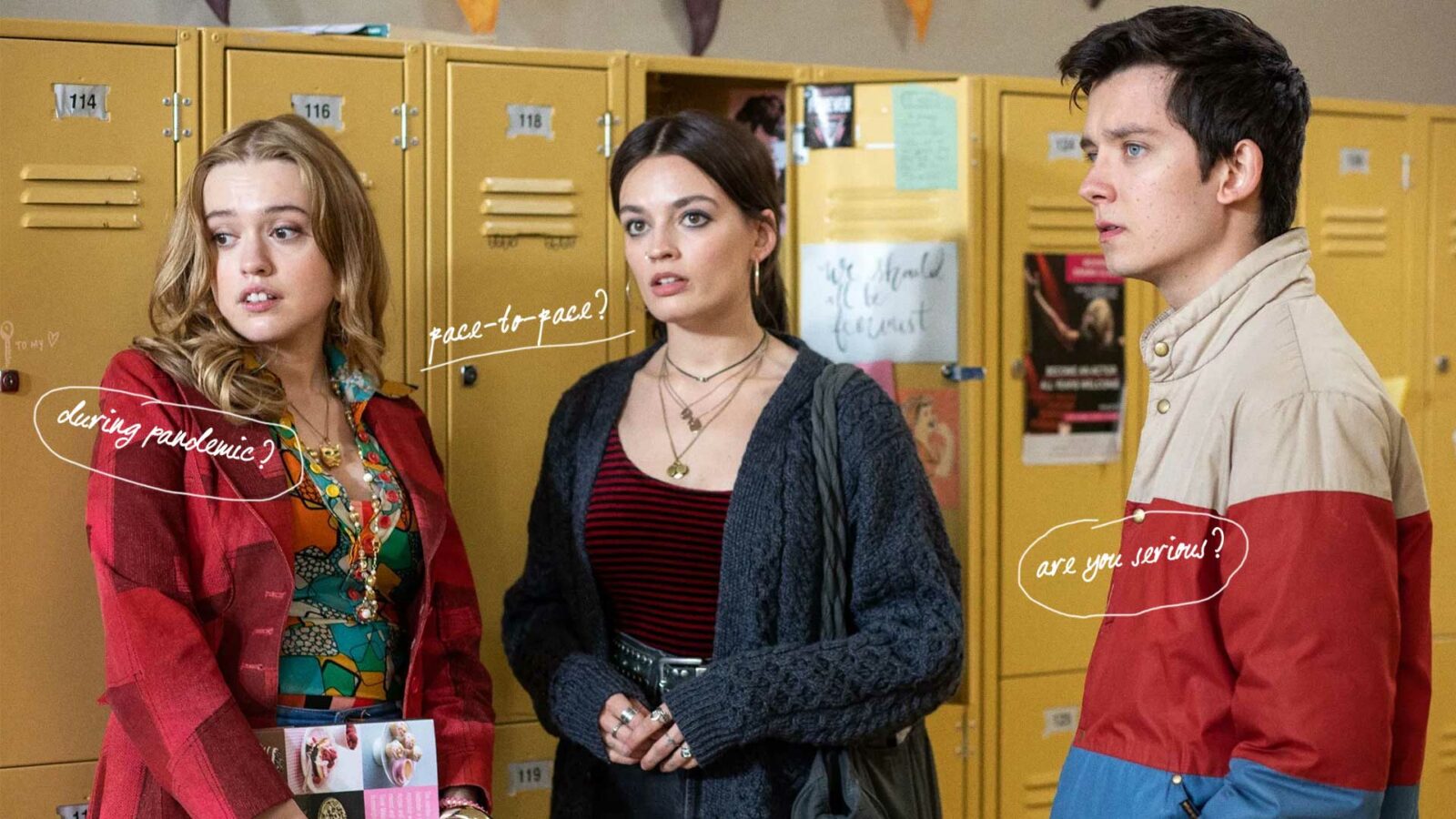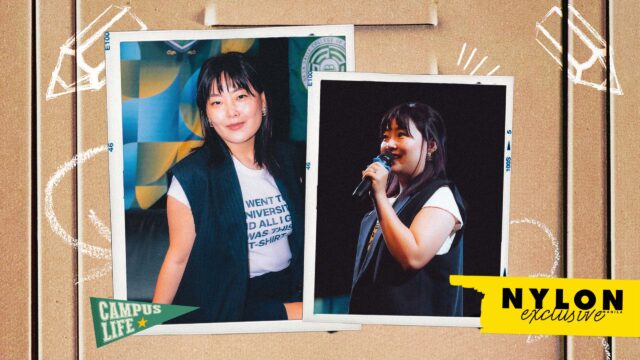In this free essay, a student contemplates on blended learning in the context of the pandemic and the education system it operates on.
Related: FRANKIE PANGILINAN IS SPEAKING UP FOR WHAT SHE BELIEVES IS RIGHT—PERHAPS IT’S TIME YOU DO, TOO
Let’s talk about the importance of education shall we?
An education helps lay the groundwork for a better future and a better society, to help us learn and understand the world we live in to create a better one. On the more practical side of things, it means earning a degree to find a job that can provide for families, especially for those who don’t have the same accessibilities and opportunities as others. Systems aside and going by purely the context of learning, we are all equal.
With the current pandemic that we are facing, education is not as accessible as it used to be. Following protocols, the Department of Education created the blended learning approach to ensure the safety and health of students and teachers, which consists of students learning from online platforms, television, radio, and printed materials provided by schools. A hotly contested work in progress, this approach has only highlighted the glaring inequalities and struggles that a large number of Filipino students face, such as the lack of accessibility to education and supplies being a part of them.
The way it is crafted for the times, the blended learning approach relies heavily on internet access and gadgets, however only 67% of the population in the entire Philippines has access to the internet, which plays a major role in education during the pandemic. But aside from internet accessibility there are still a lot of families who don’t even have the access to smartphones or tablets, some are even considering pulling their children out of school due to the lack of income. There are also parents who are no-read and no-write preventing them from being able to help their children to learn from home. Let’s not even get to the matters of the educators, who despite their most valiant efforts, going above and beyond the line of duty still struggle with access, exhaustion, and the system that seems to be operating on an archaic perspective.
As a student myself preparing for the future, we need to work towards a better system and quality of education, especially when only 19% of students have passed the minimum proficiency level for overall reading and literacy in the PISA (Programme for International Students Assessment). The Philippines only spends over 3.5% of its GDP on education as of 2017, whereas neighboring countries like Vietnam and South Korea, with some of the best performing schools in the world, spend over 5% of their GDPs on education. Education does not only benefit the children and the youth, but the regions and nation as well, as it plays an important role in economic development and an investment for a better future. It has been said that the youth are our future leaders, so it is only fair to give them best education to lead a better society and future for all.
One would assume that learning would come easier with all the time we have been accorded with. However, it must be made known that learning in this time of the pandemic seems like a working solution for those who can afford it, and even they are not immune from the challenges therein. Research says that as of 2018, over 5 out of 10 Filipinos are deprived of basic education, which doesn’t sound the least bit hopeful. Education is not only for the privileged, but for everyone. It shouldn’t matter who you are, where you come from, what you have, what your religion, and beliefs are. Education is for everyone, no one should be denied it.
Education is not a privilege, but simply a human right for all. So, for all discoveries and developments accounted for, why haven’t we figured it out yet?





